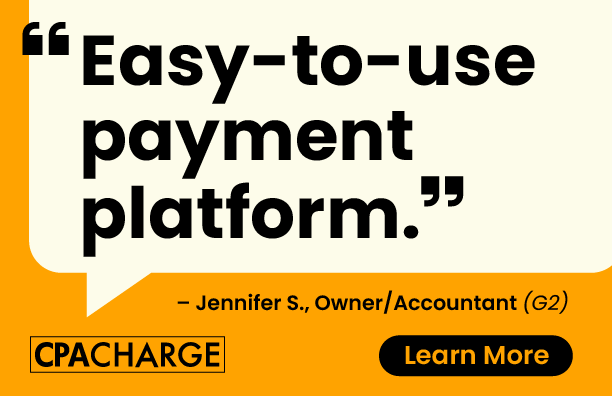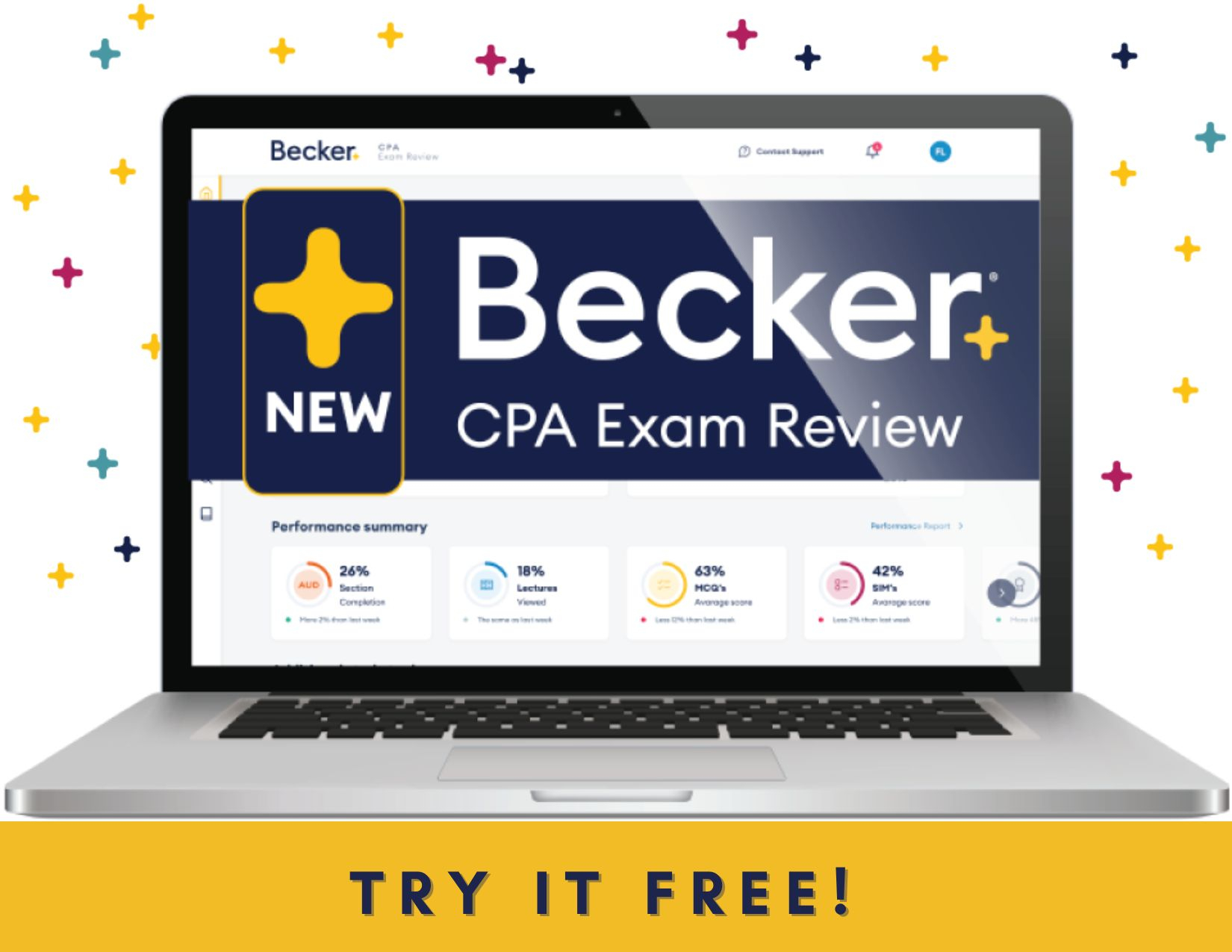
November 29, 2023
A KSCPA Ignite Blog by:
Michael Potenza, CPA, JD, at Becker
“The only constant is change,” goes the saying. Well, what’s true of life is also true of the accounting profession. And to keep up with technological changes, the National Association of State Boards of Accountancy (NASBA) and the American Institute of Certified Public Accountants (AICPA) periodically update both the CPA Exam and the competencies CPA candidates are expected to know.
The AICPA Governing Council and the NASBA Board of Directors will officially implement the new CPA Exam in 2024, called CPA Evolution. While you may be asking, "What is CPA Evolution?" there isn't a short answer. Let's look at some of the background and underlying reasons behind the decision to update the exam as well as what is changing so you know more about what to expect once it launches in January 2024.
In 2019, an AICPA research report had some interesting – and for accountants, unsettling – findings. It found that accounting firms were hiring fewer actual accountants in favor of those with non-accounting backgrounds with competencies in technology. This shift reflects the increase in automation for routine accounting tasks and the need organizations have to leverage data and invest more resources into analysis and analytics.
AICPA and NASBA ran a gap analysis to determine what in-demand and necessary competencies accounting graduates are lacking. They discovered that college and university accounting departments are not sufficiently teaching particular skills. Though two-thirds of accounting departments teach data analytics and IT audit, the survey found that very few teach increasingly important competencies like cybersecurity, IT governance or Systems and Organization Control engagement.
The result is that people with accounting degrees have become less relevant to CPA firms, who have been seeking out professionals who can help bridge this skills gap. But obviously, the ideal is to have accountants who are competent in the skills of the future – and that’s where CPA Evolution comes in.
CPA Evolution is the name of the new CPA Exam set to launch in January 2024 and reflects the significant changes to the exam. While the CPA Exam Blueprint provides more in-depth coverage of the changes, let's look at the major structural and content changes.
Greater emphasis on technology
The exam will have a greater focus on the role of technology across the core competencies of Accounting, Audit and Tax. This ensures that all CPA candidates will have some exposure and knowledge of essential tech skills. Audit will have the heaviest emphasis on these tech topics.
Addition of Disciplines
The major change to the exam is moving away from the four traditional sections (BEC, FAR, AUD and REG) and now requiring three Core Exams (FAR, AUD and REG) and choosing one of three Disciplines. The three new Disciplines are:
Find out which Discipline is right for you with our 4-Question Quiz!
Not necessarily. It's not that CPA Evolution is meant to be harder than the previous version of the exam, it's simply meant to better prepare you for the skills and competencies needed in modern accounting. Also, by allowing you to choose a Discipline, you have more specialized and valuable knowledge in your career track.
For students, preparation is the key to successfully passing CPA Evolution, specifically ensuring you block out time to study and have the right materials and resources. At Becker, we have updated our entire CPA Exam Review to be CPA Evolution ready. This includes full exam prep for each Discipline as well as updated textbooks and lecture videos to reflect changes to the Core sections.
Discover the best order to take the CPA Exam sections based on your Discipline
For instructors, this means studying the existing model curriculum and adapting their courses accordingly to reflect the new competencies. The model curriculum has been designed by a task force of educators, regulators and practitioners to serve as a roadmap that will help evolve accounting education to include the skills and competencies needed by CPAs.
We know you may have questions or concerns about CPA Evolution, so we put together a comprehensive content hub to offer the answers you need. Visit our content hub to learn more. This link will also be incorporated into the upcoming KSCPA CPA Candidate webpage for easy access. and future reference.
 |
Michael Potenza received his Bachelor of Engineering in Civil Engineering from the Cooper Union, his Master of Engineering in Structural Engineering also from the Cooper Union, his Master of Science in Accounting from Devry University, and finally his Juris Doctorate from St. John’s Law School. Mike is a licensed CPA, Professional Engineer and admitted into the NY State Bar. In 1998, Mike began teaching for Becker and also as an adjunct professor at Fordham University. He taught at Fordham until 2008. In 2001, Mike developed a graduate Information Technology course at New York University and taught the course at NYU from 2001 to 2003. Mike was the CEO of an IT consulting firm, Point & Click, Inc., from 1995 to 2020. In 2021, Mike joined the Becker team in a full role as Director of Exam Curriculum and now oversees CPA and CMA Curriculum as well as Academic Support. Mike teaches REG, FAR, TCP, and ISC for CPA and he also teaches for CMA. He can even be seen throughout the CPA and CMA programs as both a National Instructor and a SkillBuilder video instructor. |
This post originally ran on the Becker blog.
The Ignite blog is an official publication of the Kansas Society of CPAs, Copyright 2023.
THANK YOU TO OUR SPONSORS & PARTNERS IN ACCOUNTING EXCELLENCE!
 |
 |
 |
 |
Would you like to showcase your business by sponsoring the Ignite blog? Click here for more information.
© Copyright 2025 KSCPA | All Rights Reserved